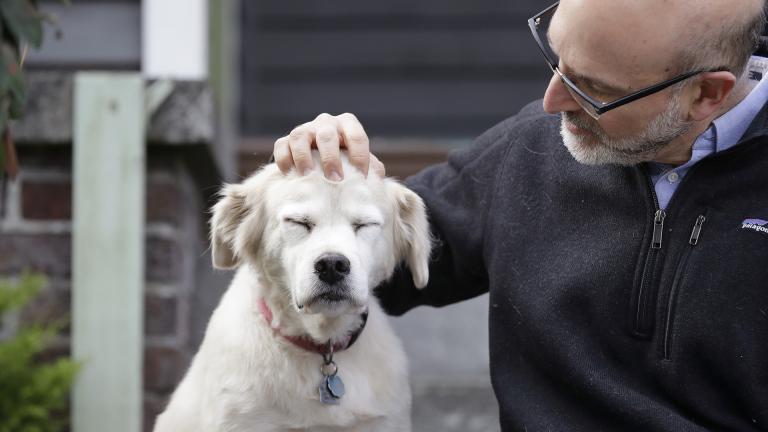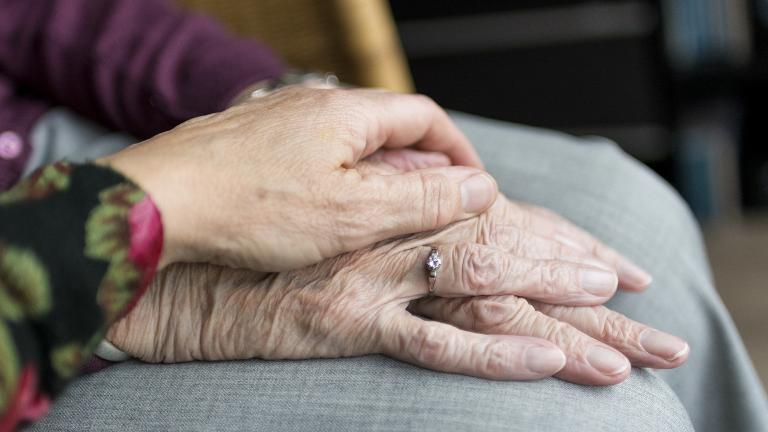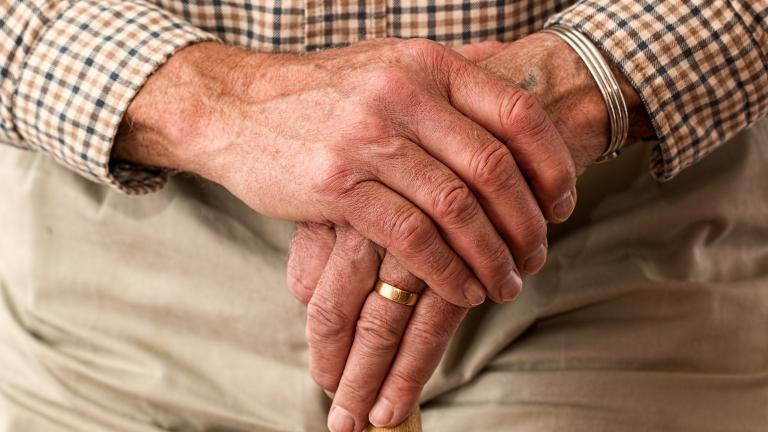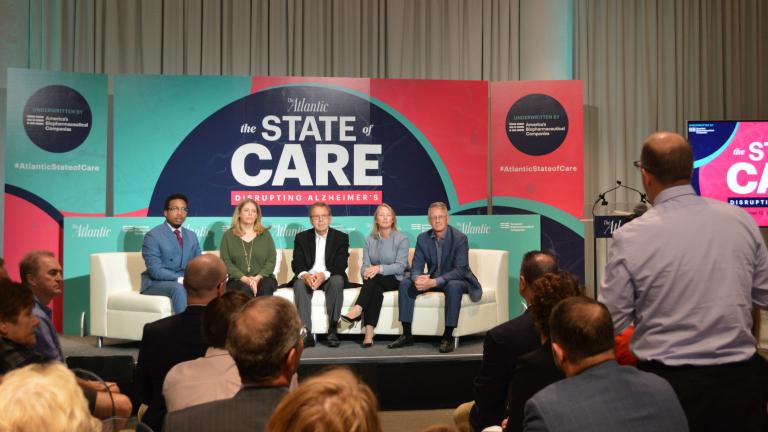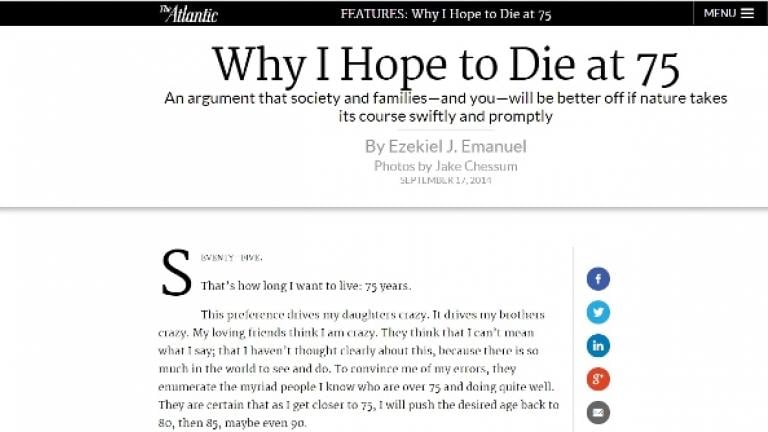As questions about age resurface in the U.S. presidential election, some health researchers are cautioning against making overly broad generalizations about cognitive ability as people get older.
A special counsel report released Thursday referred to President Joe Biden as a “well-meaning, elderly man with a poor memory.” Biden is 81. His likely opponent in the November 2024 election, former president Donald Trump, is 77.
Jay Olshansky, professor of public health at the University of Illinois Chicago, said old age is a valid concern when it comes to the U.S presidency as the risk of health complications and death rise with age. With the work from him and his colleagues examining health records, Olshansky said both candidates exhibit characteristics of excellent aging.
Biden and Trump experience benefits associated with social determinants of health, which include that both men are married, highly educated, wealthy and have access to the best medical care, according to Olshansky.
“Aging is not a uniform phenomenon that happens equally,” Olshansky said. “It happens unequally.”
While the average expectation is that there is some cognitive decline as people get older, there are also “super agers,” a subset of the population who stay cognitively intact into their 80s, according to researchers.
Molly Mather, assistant professor of psychiatry and behavioral sciences at Northwestern University Feinberg School of Medicine, said some of the ways people age come down to genetics and environmental exposure.
However, lifestyle factors that may help to fight against cognitive decline include physical activity, getting enough sleep and having a well-rounded nutritious diet, Mather said. Other factors are remaining cognitively and intellectually active as you age, in addition to having strong social connections.
Media portrayals of aging can create negative stigmas about getting older that aren’t borne out by people’s actual experiences, Mather said, adding that internalized age bias for older adults can result in a host of negative health outcomes.
“When you’re someone who interacts with a lot of older adults, you really see the range quite clearly and you see the counters to the stereotypes a whole lot more regularly,” Mather said.
Contact Eunice Alpasan: @eunicealpasan | 773-509-5362 | [email protected]

